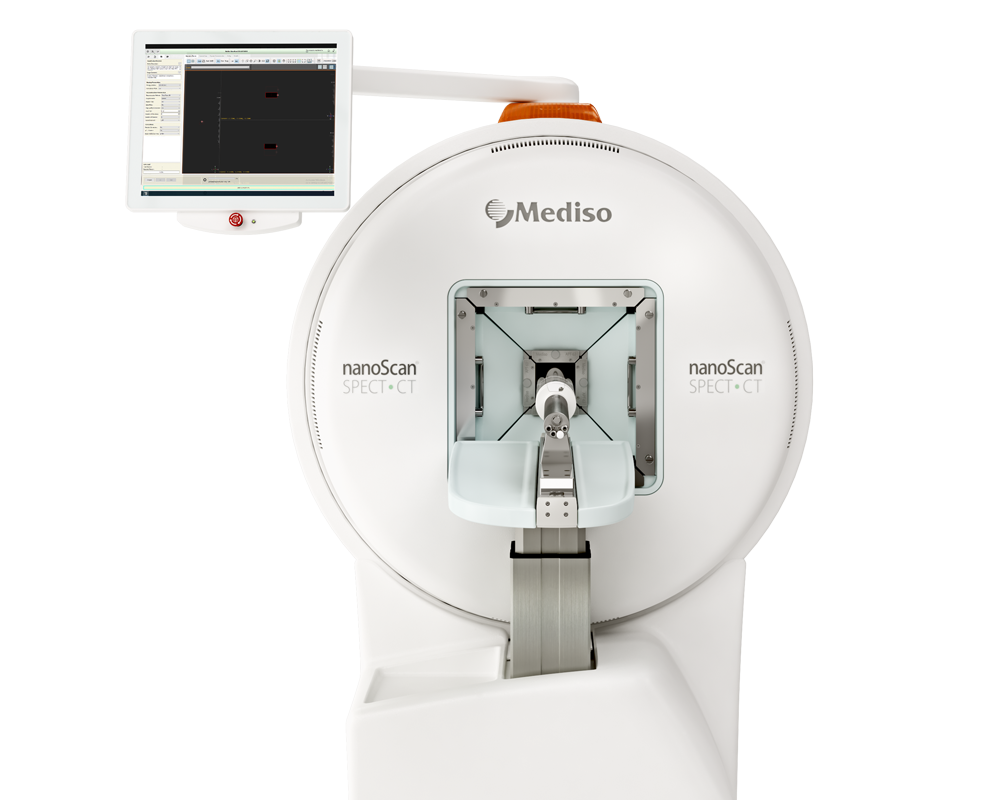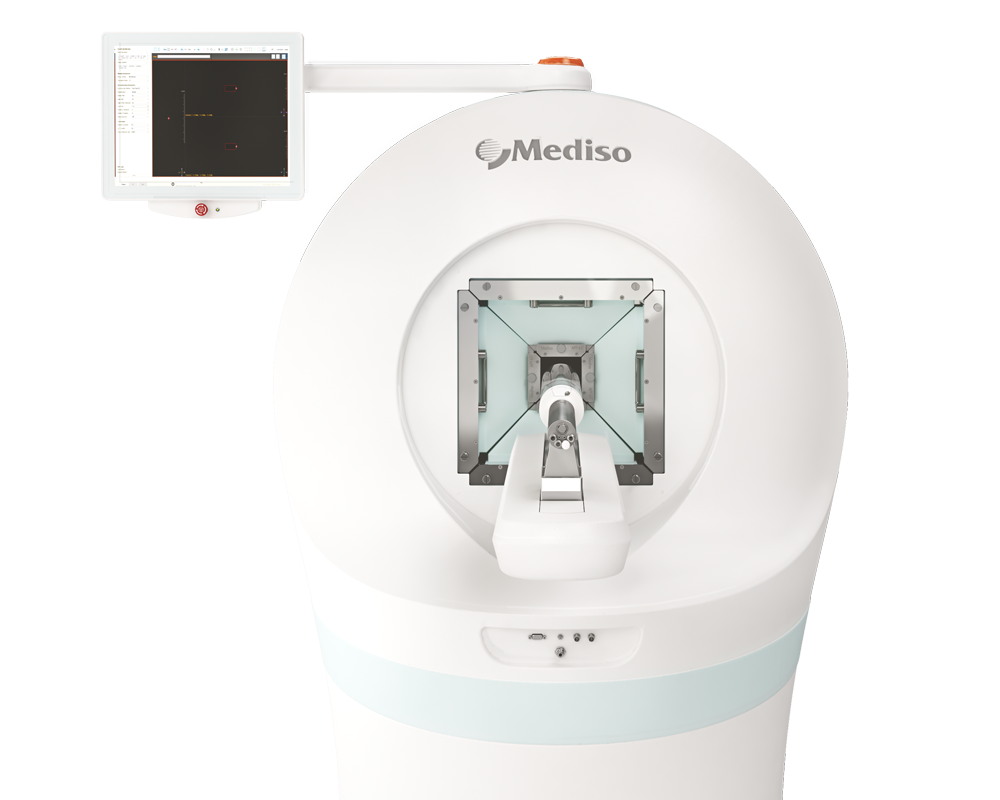Radiolabeling and Preliminary Evaluation of 99mTc-Labeled DNA Cube Nanoparticles as Potential Tracers for SPECT Imaging
2021.08.20.
Xiaoyan Duan et al., International Journal of Nanomedicine, 2021
Summary
DNA cube nanoparticles (DCN), a classic example of DNA nanostructures can be functionalized with different targeting ligands (such as organic molecules, peptides, antibody), display excellent delivery capacity for various drugs, as well as signal moieties (fluorescent dyes or radionuclides). These signal molecules can be utilized to explore the in vivo information of DNA nanostructures including biodistribution, metabolism and stability properties. DNA nanostructures, with the advantages of structural designability and spatial addressability, have shown a great potential in the field of bio-sensing,drug delivery and bio-medicine.
The aim of the present study was to prepare technetium-99m radiolabeled DNA cube nanoparticles (99mTc-DCN) and to build a DCN-based drug carrier and nuclear medicine imaging platform. Assembled DCN (size ~ 5nm) was characterized and radiolabeled, then 99mTc-DCN was injected to the tail vien of mice to investigate the metabolic pathway. SPECT/CT imaging showed that a significant proportion of DCNs were metabolized through the liver and and excreted primarily to the bladder. Due to the superior properties of DNA cube nanoparticles, DCN may potentially be translated into a preclinical setting for diagnosis and treatment of cancer-related diseases.
Results from nanoScan SPECT/CT
99mTc-DCN (~500μCi for each mouse) was injected into KM mice via the tail vein. After 1h post injection time, mice were anesthetized, placed on the scanning bed for SPECT/CT imaging. Results show significant amount of 99mTc-DCN in the bladder, gallbladder and intestine.

The relatively short half-life of this probe would minimize the radiation dose to ease the concern of radiation hazard, and the excellent biodegradability of DCN would cause minimal toxicity to animals. Results indicate that DCN can potentially be translated into a preclinical setting for diagnosis and treatment of cancer-related diseases.
W czym możemy pomóc?
Skontaktuj się z nami aby uzyskać informacje techniczne i / lub wsparcie dotyczące naszych produktów i usług.
Napisz do nas
